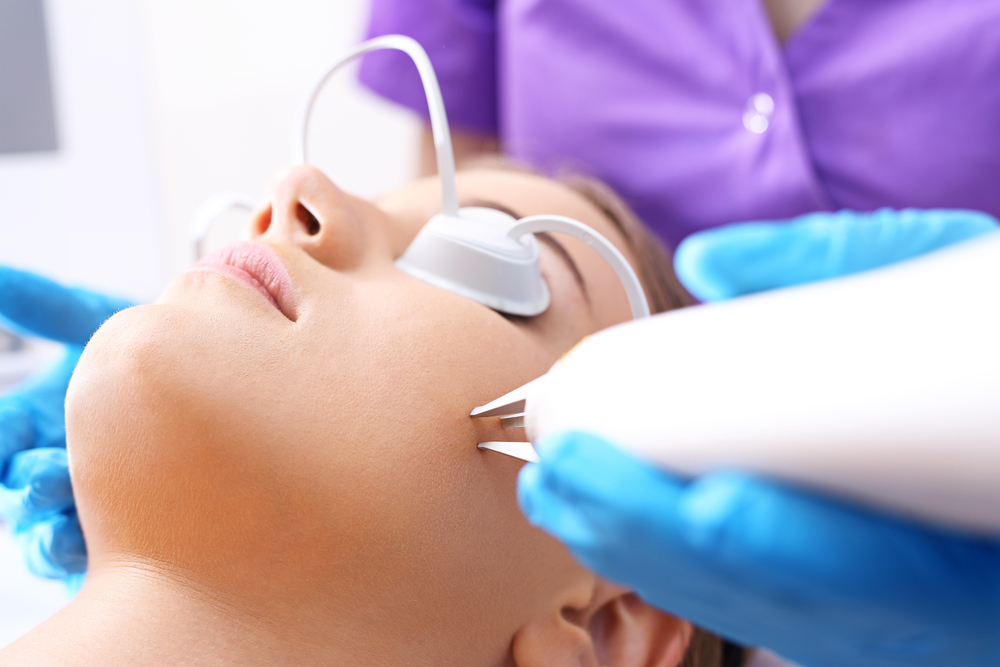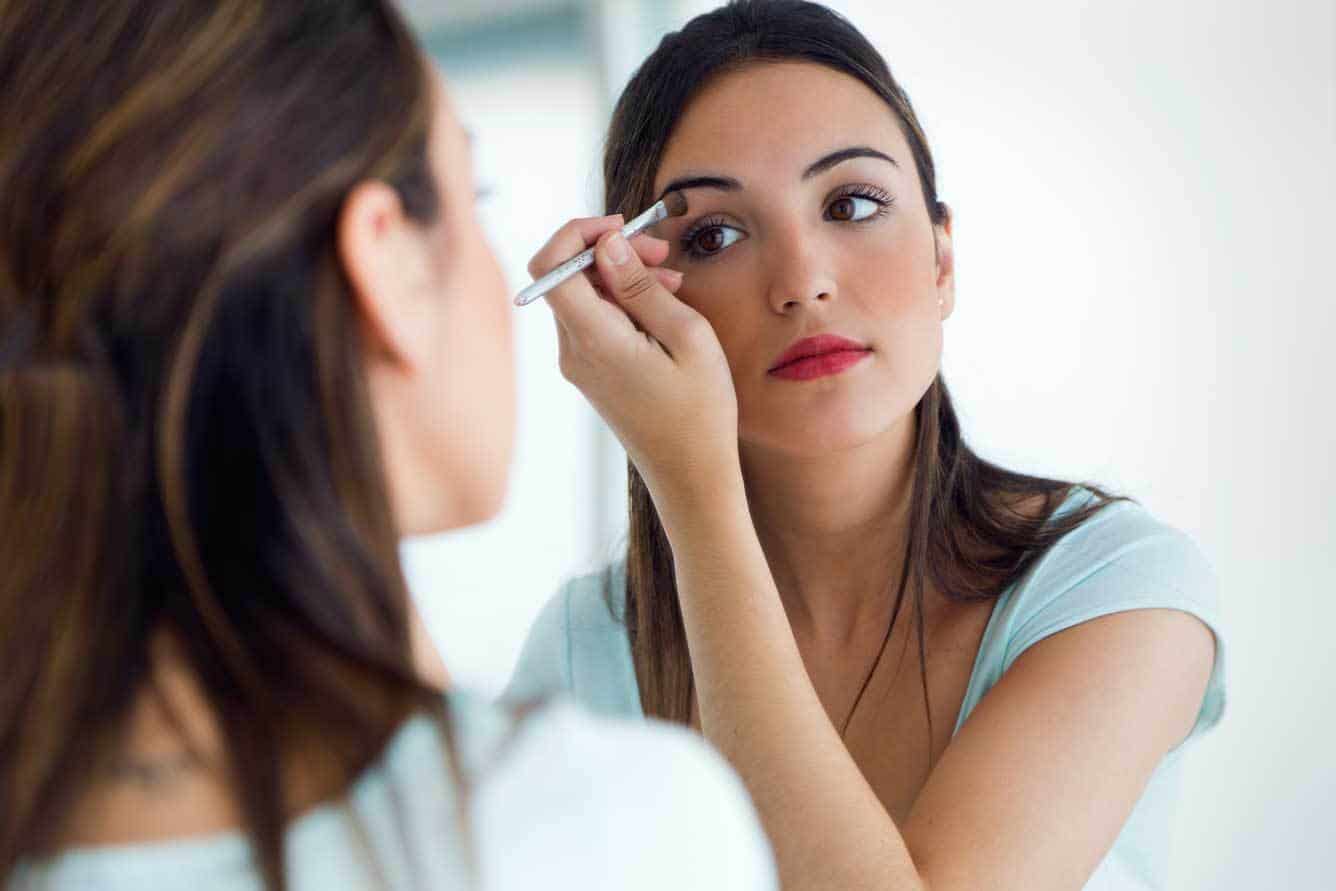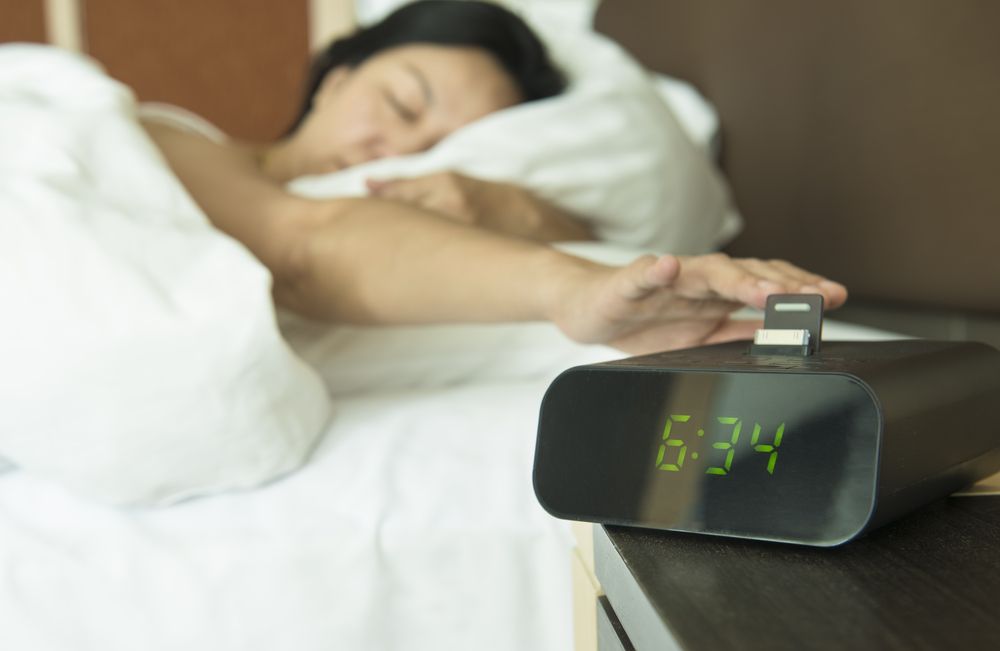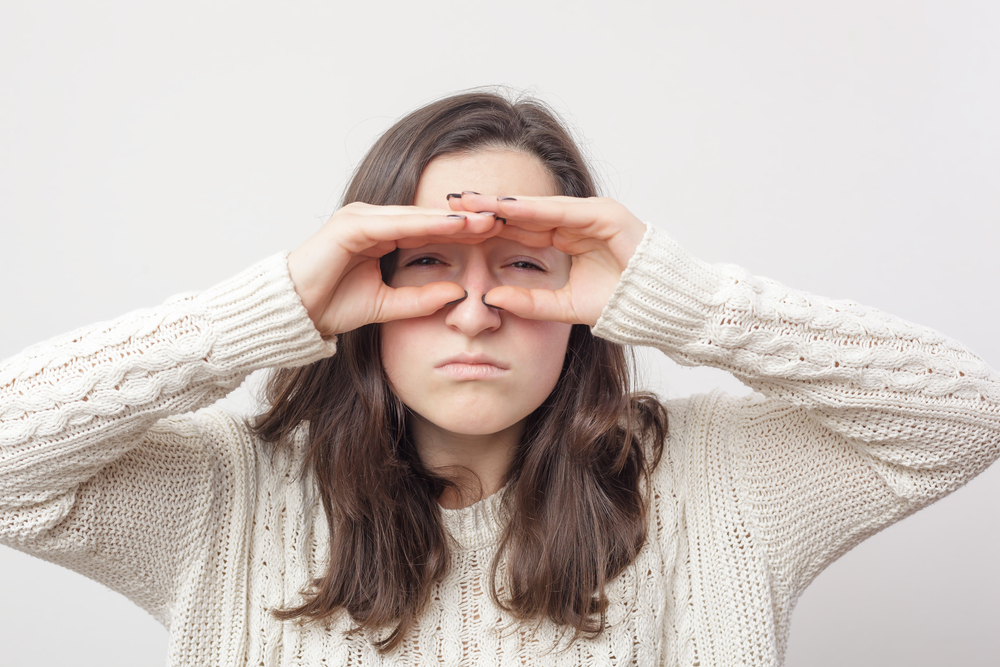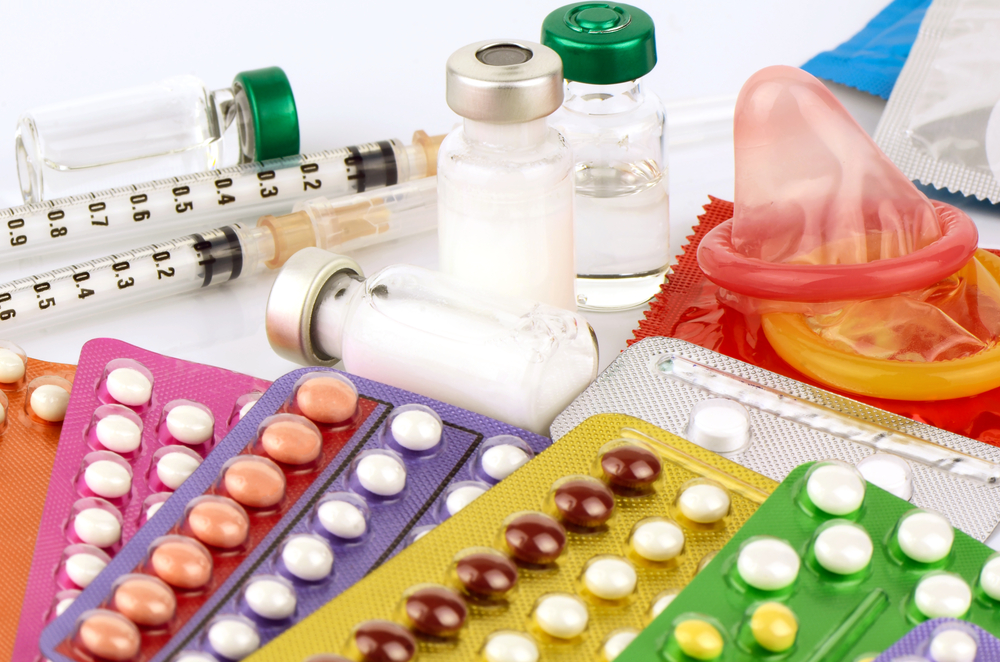Contents:
Medical Video: Sugar in your Coffee
Whether it's to wake up the body and soul in the morning before the move or just to make friends on weekends, many of us consider a cup of black coffee as an inseparable part of life.
The favorite drink of a million people has a myriad of benefits that are widely known, ranging from increasing energy and concentration to helping to lose weight. Black coffee is also a heart friend. The powerful antioxidant content in coffee helps maintain heart health as well as its beat rhythm, so drinking regular black coffee can prevent all types of heart disease.
Coffee is a healthy drink, but it will depend on how you drink it. Hmm ... use sugar or not, huh?
The effect of drinking black coffee without sugar
A cup of black coffee is almost zero calories. But black coffee also does not provide valuable nutritional value. A cup of sugarless black coffee does not contain carbohydrates, fats, proteins, and a number of other important macronutrients, such as calcium and fiber. Coffee is the biggest contributor to caffeine, a stimulant that helps people feel more excited.
Caffeine from a cup of black coffee can be absorbed very quickly into the blood in just 20 minutes, and will stay in the bloodstream for more than 12 hours. Shortly after your first gulp, the caffeine that is now in your bloodstream causes a surge in heart rate, blood pressure, and energy. Shortly after, caffeine begins to affect the level of adenosine in the brain. Adenosine is as chemical as in the total that is responsible for telling your body that it's time to sleep; caffeine binds to brain adenosine receptors and turns them off. This is why after twenty minutes since your last coffee cup, you tend to feel very literate and excited.
At this point, your body starts producing adrenaline, which in turn increases your energy production. This increase in adrenaline levels then causes the widening of the respiratory tract and blood flow to flood the muscles. Black coffee also improves the mood of drinkers because the brain becomes more sensitive to serotonin, a neurotransmitter that is responsible for regulating moods.
About three to four hours after the last coffee cup, you will begin to experience a decrease in energy due to the stimulating effects caused by caffeine fading. This decrease in energy occurs because caffeine in coffee does not really make you more energetic, caffeine only acts as a fake encouragement that makes you feel tired - even though it is.
Then, what is the effect on the body if you add sugar or creamer to your black coffee cup?
Effect of drinking coffee with sugar or other sweeteners
Consumption of sugar in small doses is not too worrying, but most of us eat too much sugar. In fact, there are many coffee drinks concocted with commercial coffee shops out there that are high in fat, high in sugar, and high in calories. If you order a cup of cappuccino with fresh milk, for example, you will consume an additional 77 calories and 4 grams of fat. A cup of espresso full-bodied thick ones mixed with steamed milk and vanilla syrup containing 35 grams of sugar, 37 grams of carbohydrates, with 250 kcal.
When you eat something loaded with sugar, your taste buds, intestines, and brain all work together to respond to it. The sweetness of sugar ignites the brain's appreciation area which causes the release of waves of dopamine, a chemical signal to improve mood. This activation of the reward system does not actually work like how the body processes other addictive substances, such as alcohol or nicotine.
Excess sugar pumps dopamine levels out of bounds, which make you lose control and increase the body's tolerance to sugar so you will want to eat more sugar. On the other hand, there are certain limits on how much sugar the liver can process. If you consume sugar too far and your heart can't process all that energy properly, the liver has no choice but to convert excess sugar into liver fat.
The amount of sugar that floods the blood creates a sudden surge in blood sugar levels. This causes the body to produce insulin very quickly. Insulin triggers the use of glucose by tissues in the body to be used as energy. At the same time, insulin strengthens the smooth communication between brain cells and thus forms strong memories. This energy production then causes a fall in glucose levels which causes feelings of lethargy, headaches, fatigue, and sudden anxiety due to a drop in blood sugar levels.
When the level of insulin in the brain is lowered as a result of consumption of excess sugar, the learning process and the sharpness of the brain's memory also become disrupted. This is the reason why you tend to be more nervous and difficult to concentrate after consuming a lot of sugar.
READ ALSO:
- 7 Ways to Overcome Sleepiness Without Coffee
- Tips for Wake Up Morning Spirit
- Benefits and Risks of Drinking Green Coffee



